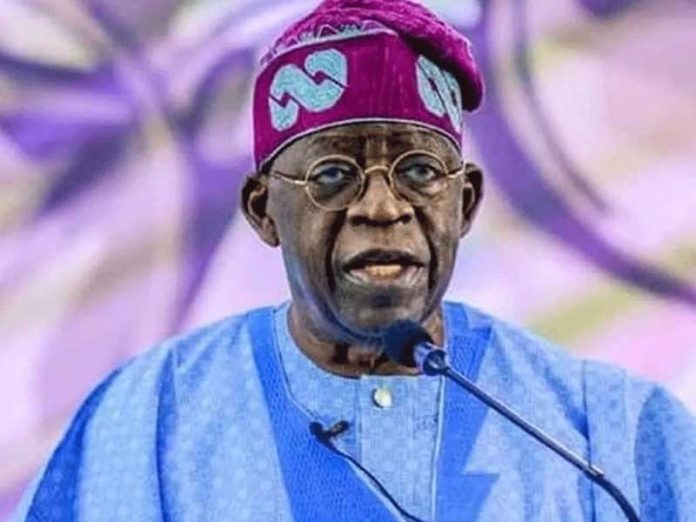As Nigeria marks two years under the leadership of President Bola Ahmed Tinubu, I believe it is important to reflect, not from the lens of politics, but from the perspective of business, of industry, and of the economy. I speak not only as the Chairman of BUA Group – one of Africa’s largest conglomerates, but also as someone who has lived through the complexity of Nigeria’s reforms. I have seen the cost of dysfunction, the burden of inefficiency, but more importantly, the promise of a level playing field and the dividends of decisive governance.
The removal of the fuel subsidy is one of the most important decisions taken by this administration. Before that, Nigeria was selling PMS at 200 or 250 Naira per litre, which was about 25 or 30 cents. I doubt there was any country in the world where fuel was being sold at that price. During my trip to Saudi Arabia for the lesser Hajj in February this year, I checked the pump price at one of the petrol stations as we drove from Jeddah to Mecca. When I converted the price to Naira, it was almost 1,500 Naira per litre. That was Saudi Arabia.
We could simply not afford the subsidy. It was not just Nigerians who were benefiting from it. We were subsidising the entire region. I remember visiting Niger Republic a few years ago when President Bazoumhonoured us. During dinner, he joked and said, “Thank you for the subsidy.” He said 100 percent of all PMS consumed in Niger was coming from Nigeria because it would cost them three times more to import. There was no incentive for them to bring in their own fuel or refine crude at their own refinery. This was the situation across the region.
